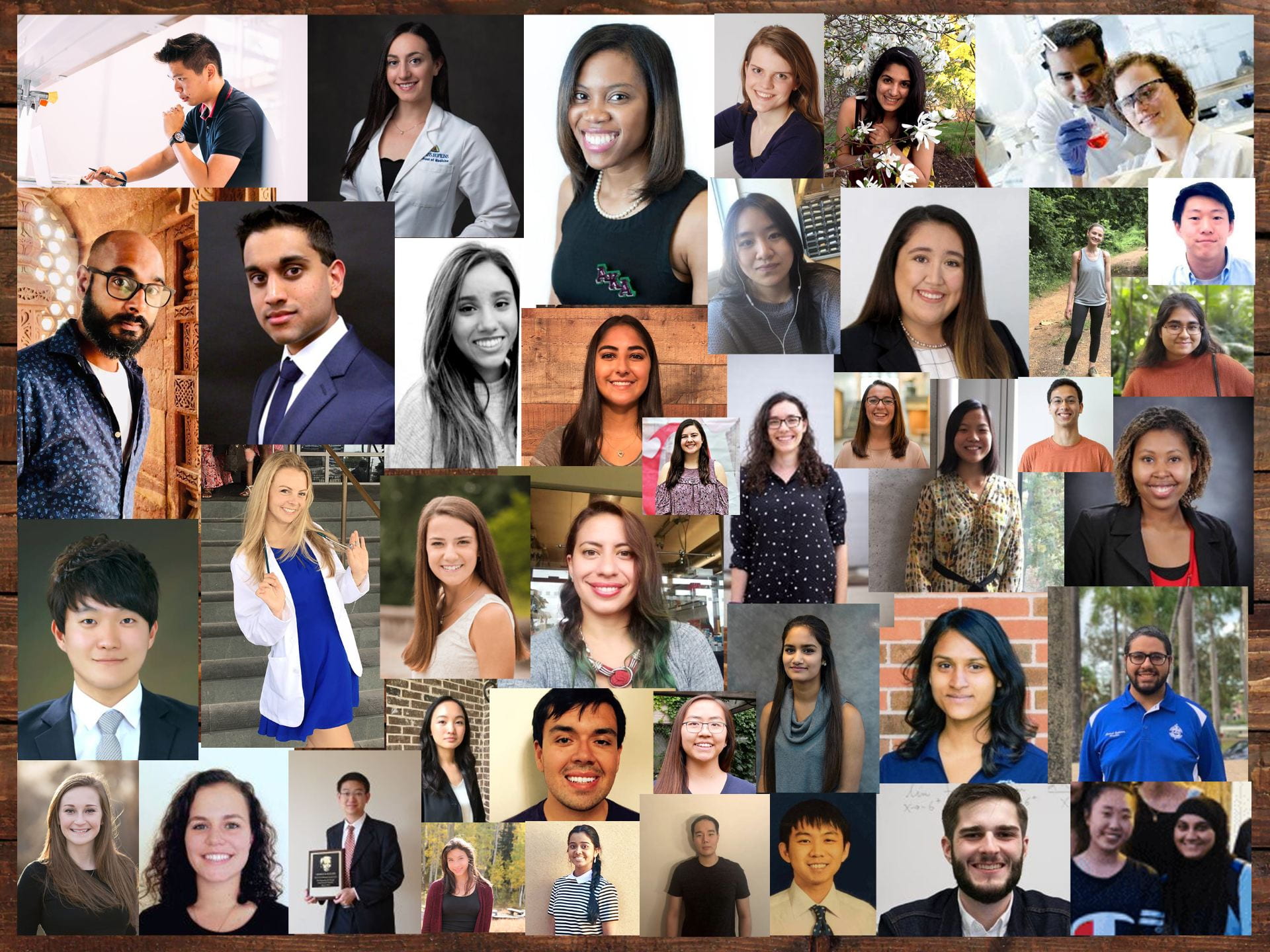Singh Lab Philosophy and Values:
Science is inherently multicultural and it provides a basis for people from all across the world to cross their cultural and ethnic barriers, come together under the same roof and discover their shared humanity. Our lab’s philosophy is that every member brings a unique component to our team that can inspire better, more impactful research and presents the team with an opportunity to explore their work through multiple lenses. We expect our lab members to be forward-thinking, to be leaders who take advantage of their inner strengths and passion for performing cutting-edge science. We are committed to foster the early careers of the next generation of bioengineers. Our ultimate responsibility is to bioengineer the next change to ensure a better and brighter future for patients, survivors and develop new health advances for the future. We have developed our philosophy and culture over the years. Our team’s diversity is the key strength and has been instrumental to our lab’s success through the collaborative, friendly, and warm environment. As a mentor and advisor, I work hard to maintain that, and I often learn from the team members how to improve. In our lab, mutual respect is a high priority and is we continuously work to improve the inclusive culture in our work further. The lab values collaboration with other scientific groups, which provides lab members with cutting-edge interdisciplinary skills and an opportunity for networking with experts in different fields.
Mentoring (Singh):
My ultimate goal is to enable trainees to harness their inner strengths, cultivate a passion for science and engineering, and thus develop new health advances for the future to improve the lives of those struggling with diseases. When a trainee joins the Singh lab, I work with them through frequent meetings that explain the big picture scope of research and culture in the lab. I do not always tell them what to do but guide them in the right scientific direction and provide a foundation for becoming an independent researcher. I meet with all students weekly through a 1-1 meeting and meet as a group every week. I further spend time advising on career opportunities and their professional development. I encourage my trainees to take public engagement opportunities, attend conferences to present their work, engage with scientific peers. At all possible times, I try my best to be their champion, celebrate their successes, and any other time, I am available to my mentees as a sounding board.
Mentoring by lab members:
Each new trainee is assigned a primary mentor who ensures that new members feel included and welcomed in the lab. The mentors play a key role in getting the trainee onboard with lab culture, policies, training, social activities (happy hour, etc.), and ultimately provide initial training on the scientific forefront. This often means that mentor works in a similar research direction and will include the mentee on the project, which addresses four mutual purposes: mentee’s training, mentee’s independence, mentor’s training as a mentor, and project progress. A trained mentee is then responsible for fully developing and driving their research directions. This could be a good opportunity for the mentor to participate or other lab members to participate in the new lab member’s research. Mentoring requires patience, and it is expected that mentors understand the background, readiness to open up and appreciate the knowledge mentee may have. On the other hand, the mentees are expected to learn from mentors diligently and then attempt research independently, initially under the supervision of a mentor. This will enable their independence, which is a major goal of the training in Singh lab. Once the trainee is ready, he/she may be the next mentor!!
Mentorship is not for a select few Jedis. While we establish a designated mentor-mentee relationship, we believe that an excellent lab culture can only be developed and maintained when everyone is equally willing to help and learn from each other. Therefore, it is frequent in our lab that a non-designated mentor may invite trainees to learn a new skillset (e.g., multicolor flow cytometry or CyTOF) or new research software. Last but not least, mentoring is not only about research skills. In our lab, we encourage all students to reach out to anyone they feel could advise them on manuscript writing, grant writing, and abstract preparation. We collectively work as a team to prepare you for professional development (such as scientific talks, etc.).
Diversity & Inclusion
World-leading neuroscientist Dr. Susan Hockfield once said: “What does a “culture of inclusion” really mean? It means that a community succeeds in its diversity only when it looks beyond the numbers alone and actively creates a culture where everyone feels valued, included, and at ease, an environment in which everyone can do their very best work.”
In Singh lab, we expect all lab members to recognize, celebrate, and appreciate the diversity of other lab members’ personal backgrounds and scientific expertise. Diversity can inspire better, more impactful research, and it makes us a better lab overall.
Creating a culture of inclusion is not an optional exercise. All lab members are equal and expected to be included in lab-related joint activities ranging from professional development training to social events. We make the decisions about lab resources in a collective manner.
Lab Discrimination Policy
We abide by our values and Georgia Tech’s discrimination policy. We are committed to equal opportunity, a culture of inclusion, and an environment free from discrimination and harassment in our lab. Georgia Tech prohibits discrimination, including discriminatory harassment, based on race, ethnicity, ancestry, color, religion, sex (including pregnancy), sexual orientation, gender identity, gender expression, national origin, age, disability, genetics, or veteran status in its programs, activities, employment, and admissions.
The Singh lab value statement is inspired by Dr. Paula Hammond’s values and expectations statement on her MIT lab website.
A more detailed document to trainees is provided when they join the Singh lab. Thanks to all current and past lab members who have joined us over the years!
